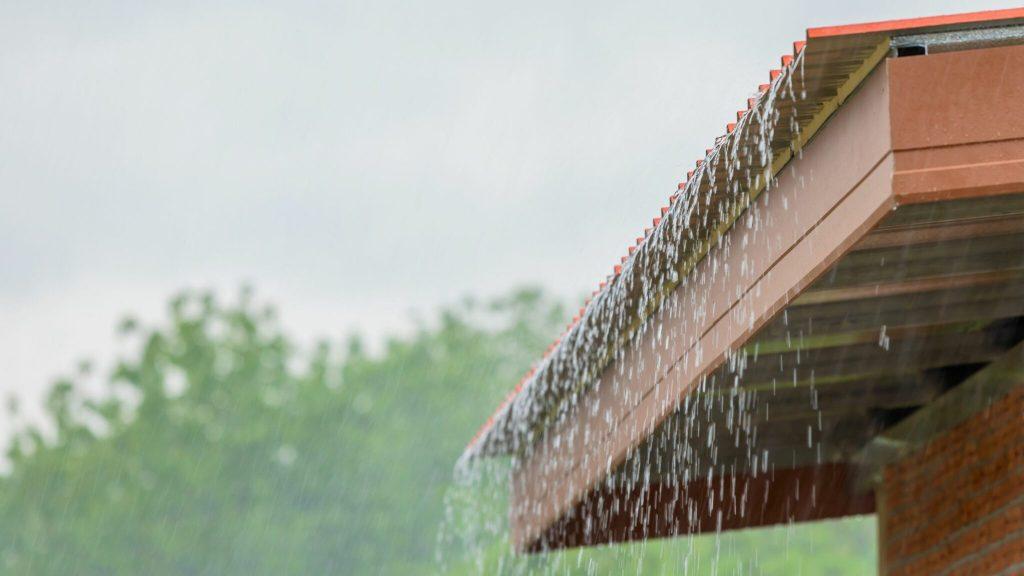When it comes to choosing roofing materials for homes in hurricane-prone areas, durability and resistance to extreme weather conditions are crucial factors. One popular option that has gained significant attention is metal roofs. Metal roofs are known for their longevity, energy efficiency, and aesthetic appeal. However, the question remains: Are metal roofs truly hurricane-proof? In this article, we will delve into the strengths and considerations of metal roofs in the face of hurricane-force winds and other severe weather elements.

Understanding Metal Roofing
Metal roofing has gained popularity not only for its sleek and modern appearance but also for its exceptional performance in various weather conditions. Typically made from materials such as steel, aluminum, or copper, metal roofs are designed to provide long-lasting protection to homes. They are highly regarded for their resistance to fire, rot, and insect damage. This robust construction has led to the belief that metal roofs might indeed possess the qualities needed to withstand hurricanes.
The Strengths of Metal Roofs in Hurricanes
Metal roofs boast several features that make them stand out as potentially hurricane-resistant options:
- Wind Resistance: Metal roofs are renowned for their wind-resistant properties. The interlocking panels and secure fastening systems make it difficult for hurricane-force winds to lift or dislodge them. This structural integrity is a key factor in preventing roof damage during storms.
- Durability: Metal roofs are built to last, often outperforming other roofing materials in terms of longevity. Their sturdy construction and resistance to corrosion ensure that they can withstand the test of time and the elements, including the intense winds of hurricanes.
- Lightweight Nature: Despite their strength, metal roofs are surprisingly lightweight compared to traditional roofing materials like concrete tiles or heavy shingles. This characteristic can reduce the overall stress on the structure during a hurricane, potentially decreasing the risk of catastrophic roof failure.
Considerations and Precautions
While metal roofs offer compelling benefits, there are also considerations and precautions to keep in mind:
- Proper Installation: The effectiveness of a metal roof in a hurricane greatly depends on proper installation. Inadequate installation could lead to vulnerabilities that compromise the roof’s performance during extreme weather events.
- Impact Resistance: While metal roofs can resist wind, their susceptibility to denting from large hail or flying debris during a hurricane is a point to consider. Some modern metal roofs are designed with impact-resistant coatings to address this concern.
- Noise Level: One common misconception about metal roofs is that they are noisy during rainstorms. Yet, using proper insulation and installation methods can alleviate this, ensuring comfort indoors amidst heavy rainfall.
Conclusion: Making an Informed Choice
In conclusion, while it’s tempting to label metal roofs as completely hurricane-proof, it’s essential to approach the topic with a realistic perspective. Metal roofs do possess impressive qualities that make them highly resilient against hurricanes and strong winds. Their wind resistance, durability, and lightweight nature are significant advantages.
However, it’s crucial to recognize that no roofing material is entirely impervious to the forces of nature. For maximum hurricane resistance, follow proper installation, upkeep, and building codes. In high-risk zones, add impact-resistant coatings and other precautions to bolster the metal roof against debris.
Ultimately, choosing a metal roof hinges on various factors like location, budget, and aesthetic preferences. While effective against hurricanes, it’s just a part of a broader home fortification strategy against nature’s forces.



Leave a Reply